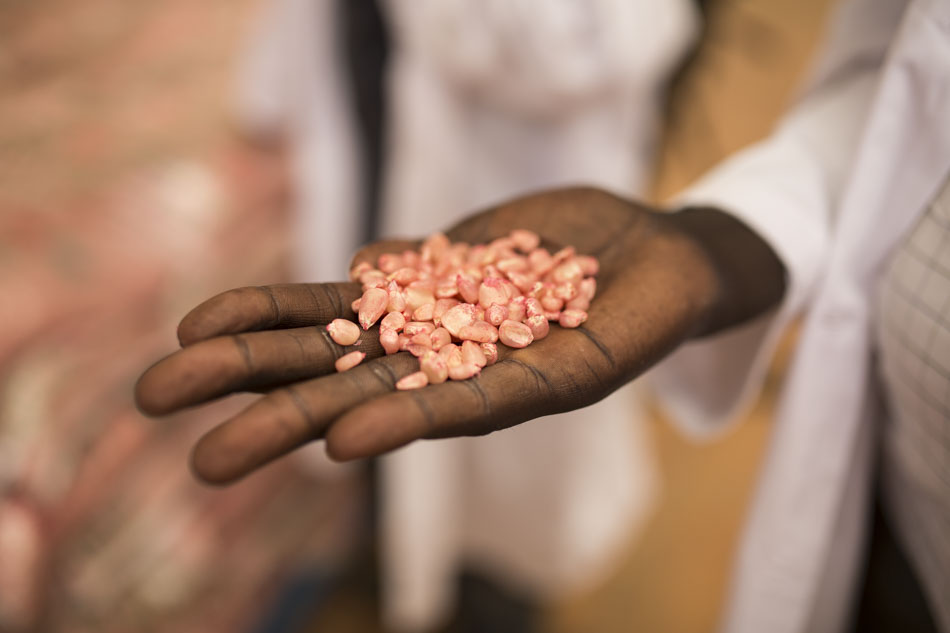The capital difference: Expanding horticulture in Rwanda
IFAD Asset Request Portlet
Asset Publisher
The capital difference: Expanding horticulture in Rwanda
Estimated reading time: 2 minutes
Including smallholder farmers in Rwanda in the production and export of cash crops is vital to increasing their incomes and ultimately to reducing rural poverty. The IFAD-supported Project for Rural Income through Exports (PRICE) is facilitating access to financial services so smallholder horticulture farmers can expand production and business activities, and ultimately increase their financial returns.
A recent IFAD impact assessment of PRICE provides compelling evidence of the viability of this approach to rural development. The project supported horticulture farmers in developing the business plans they needed to access loans from Savings and Credit Cooperatives (SACCOs), Micro-financial institutions (MFIs) and commercial banks, along with performance–based grants matching the loan amount from the project. Closing the gap in access to investment capital is particularly important in Rwanda, where less than three per cent of farmers had access to adequate rural financial services prior to this project.
The impact assessment of PRICE found that the horticulture-finance component of the project was largely successful. Farmers used their increased capital to hire additional farm workers and acquire post-harvest equipment and infrastructure, thus increasing their harvests and sales by 400 per cent and 500 per cent respectively. This translated into a 100 per cent increase in income from crops and 50 per cent increase in farmers' productive assets, a key achievement for rural households that often rely on a single main asset.
The project achieved such high impact on horticulture farmers in rural areas due to its focus on seasonal horticulture crops, which are highly profitable because they can be harvested at least twice a year. The improved quality and quantity of their produce attracted higher prices, leading to higher net profit for small farmers. This has significantly improved participating farmers' access to the lucrative horticulture export market in Rwanda.
In order to generate even higher impact on smallholder farmers, it is recommended that future projects include separate loan mechanisms for poorer farmers who have little or no collateral, as those that benefited from PRICE were relatively better-off. Evidence from the impact assessment has also made it clear that impacts can be generated beyond the focus area of the project. For instance, some farmers invested in local shops and other businesses using the returns from the initial investments supported by the project, and this created more jobs in their rural communities. Interestingly, supporting farmers to refine their business plans gave them a clear incentive to implement their business idea whether they received funding from the project or from other external sources.
IFAD is committed to conducting impact assessments on 15 per cent of its project portfolio. The projects are selected for impact assessments in an attempt to be representative of IFAD's overall portfolio. This allows IFAD to report on the corporate impacts of its operations making it the only international financial institution that reports impact at the corporate level.
Learn more
Publication date: 02 May 2019